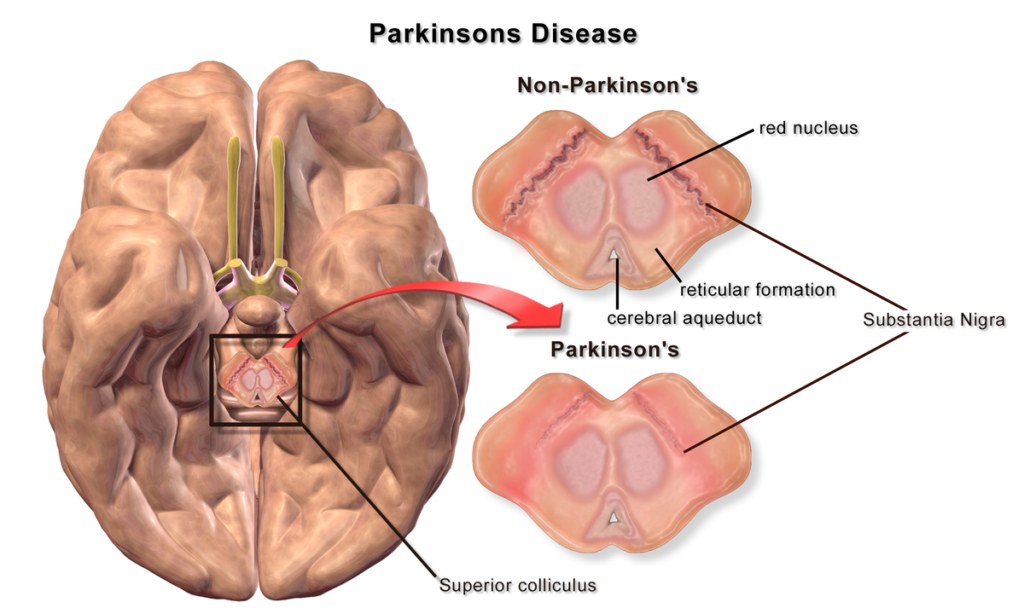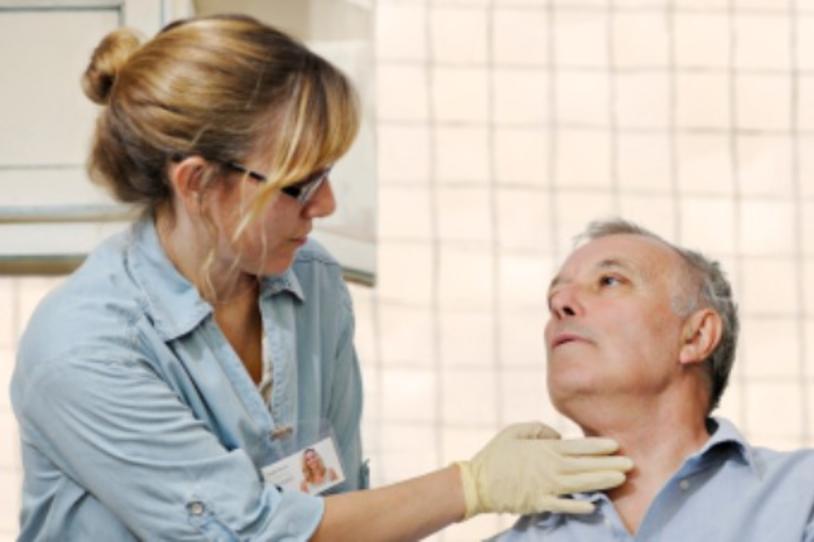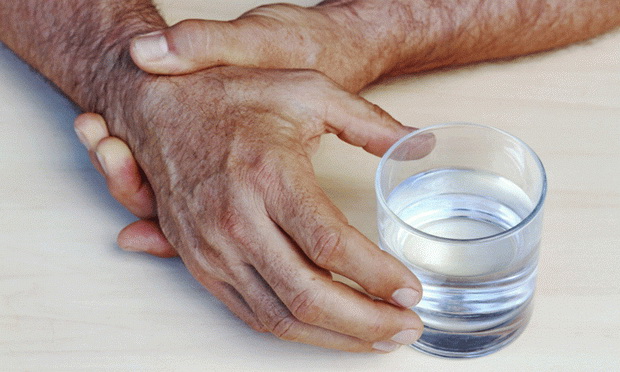April is Parkinson’s Disease Awareness Month and an ideal time to learn more about Parkinson’s disease.
Have you noticed a slight shaking or tremor in your finger, thumb, hand, or chin? Has your handwriting gotten much smaller than it was in the past? Have you noticed you no longer smell certain foods very well? Do you thrash around in bed or act out dreams when you are deeply asleep? Do you feel stiff in your body, arms, or legs?
These could be early symptoms of Parkinson’s disease (PD).
This is a disease we hardly hear of in Ghana but the truth is that there are people suffering from it.
Excessive slowness in an elderly person might be mistaken for normal aging.
People are sometimes accused of ‘witchcraft’ or ‘possessed with evil spirits’ in our communities if their bodies vibrate, especially in their hands.
But the truth is, these could be signs of PD.
The world celebrated Parkinson’s Day on the 11th of April, which is the birth date of Dr. James Parkinson, who first described the condition.
It’s been over 200 years since 1817 when James Parkinson described Parkinson’s disease as a ‘Shaking Palsy’.
However, the world is still struggling to find a cure for it.
Initially, PD was thought to be rare in Africa, but a paper on the disease in sub-Saharan Africa authored by Cilia et al notes that “Parkinson’s disease (PD) incidence is going to increase in sub-Saharan Africa countries as a consequence of a demographic transition.”
What is Parkinson’s disease?

Parkinson’s disease is a progressive disorder of the nervous system. Parkinson’s disease occurs when the brain stops producing dopamine, a neurotransmitter that regulates movement and emotions.
In Ghana, it is the third most common non-communicable disease (non-infectious)
While virtually anyone could be at risk of Parkinson’s, some studies suggest this disease affects men more than women.
One clear risk is age: Although most people with Parkinson’s first develop the disease after age 60, about 5% to 10% experience onset before the age of 50. Early-onset forms of Parkinson’s are often, but not always, inherited, and some forms have been linked to specific alterations in genes.
Causes
Although the cause of PD is not known, genetic factors may contribute to the disease. Scientists have discovered specific genetic mutations that can cause PD.
Also, exposure to particular herbicides and pesticides may slightly increase the risk of developing PD later in life.
Symptoms of PD
Oftentimes, most symptoms of Parkinson’s disease are believed to be part of the normal aging process and this may deceive victims to take things for granted.
- A tremor in hands, arms, legs, jaw, or head
- Muscle stiffness, where muscle remains contracted for a long time

- Slowness of movement
- Impaired balance and coordination, sometimes leading to falls
Other symptoms may include:
- Depression and other emotional changes
- Difficulty swallowing, chewing, and speaking
- Urinary problems or constipation
- Skin problems
Diagnosis of Parkinson’s disease

There are currently no blood or laboratory tests to diagnose non-genetic cases of Parkinson’s. Doctors usually diagnose the disease by taking a person’s medical history and performing a neurological examination.
Treatment

Although there is no cure for Parkinson’s disease at the moment, medications, surgical interventions, and other therapies such as speech therapy and nutritional therapies can dramatically improve many of the symptoms.

So if you are living with the disease, work with your doctor to get adequate multidisciplinary care from nutritionist, physiotherapist, neurologist and speech therapist.


Everyone needs to hear about Parkinson’s!!!



